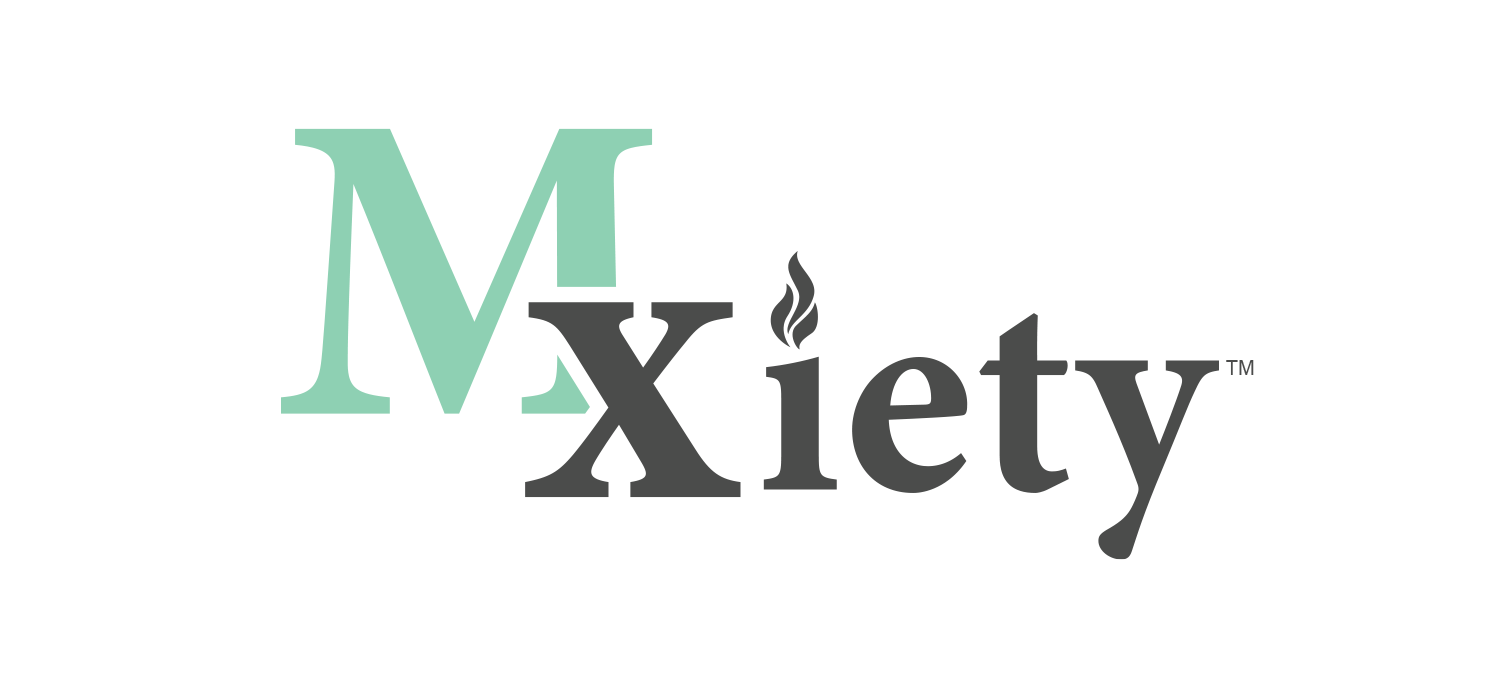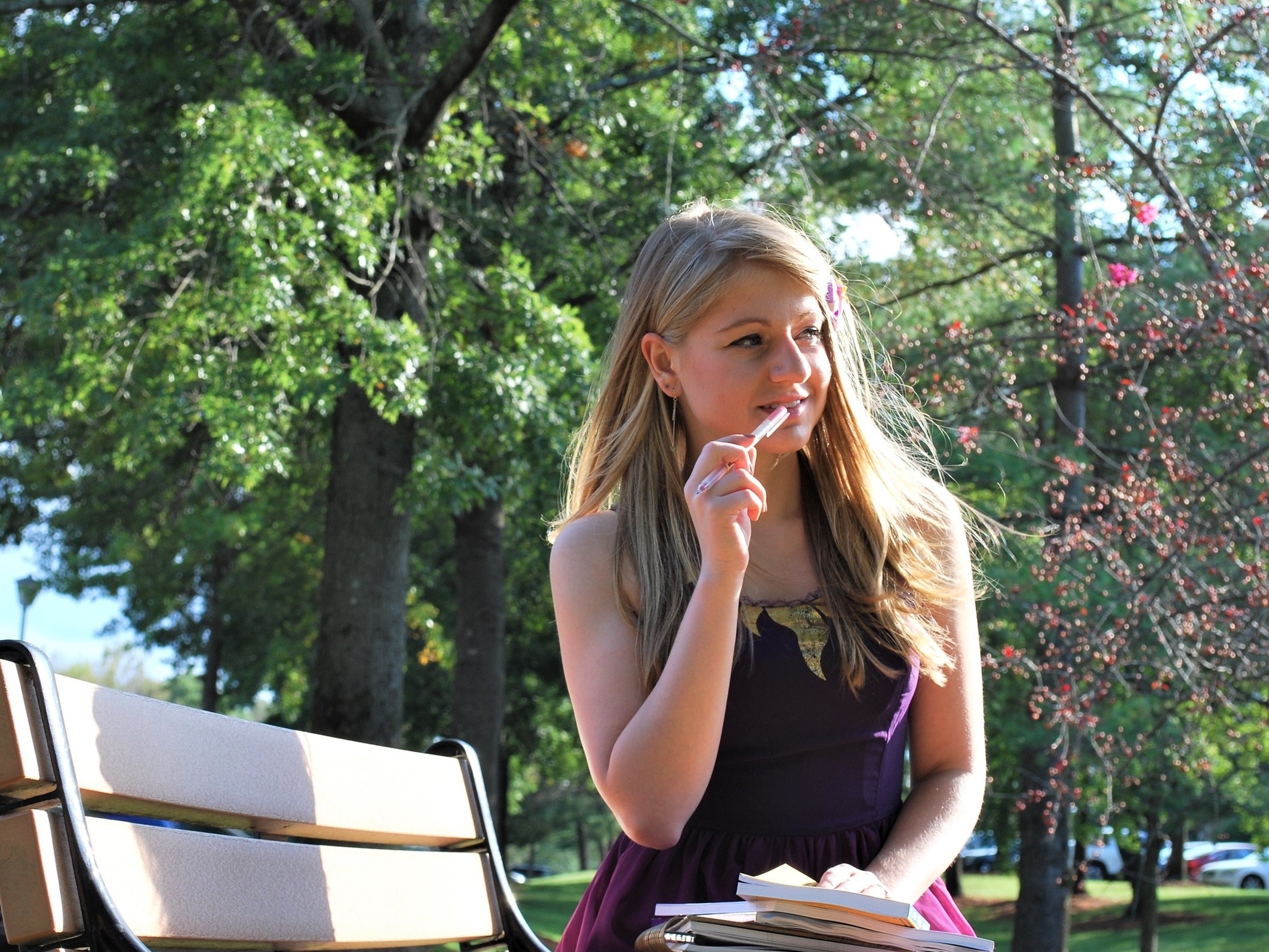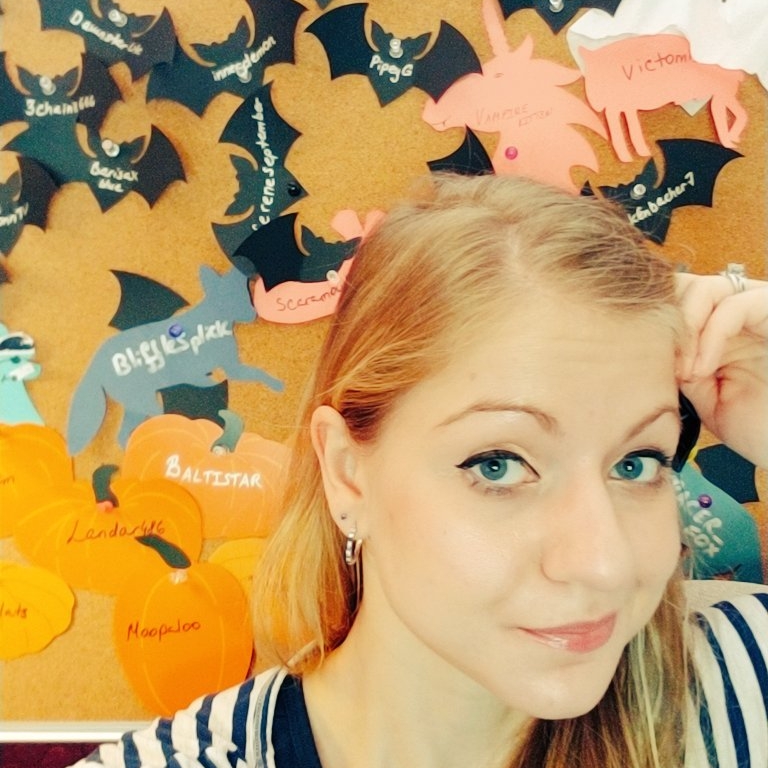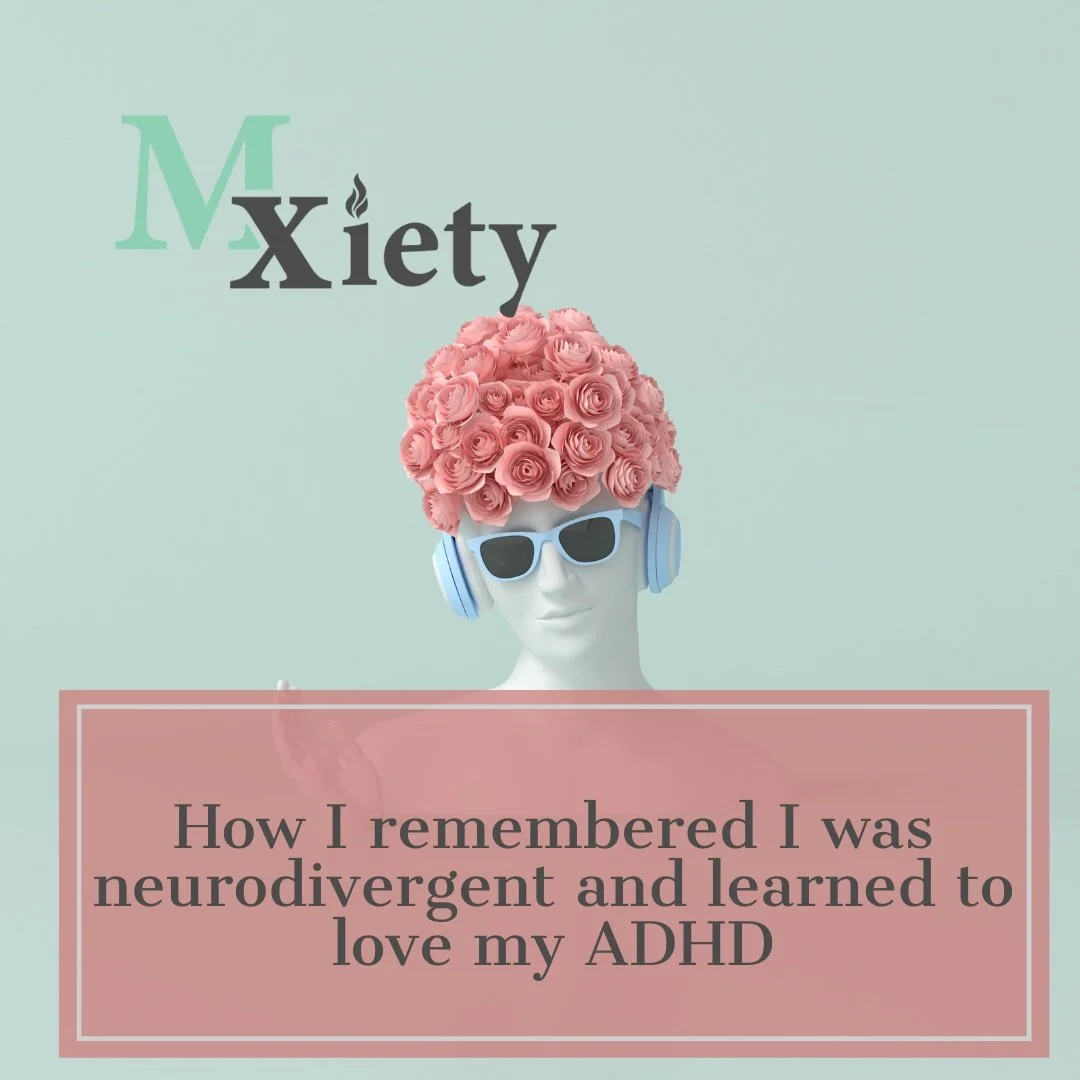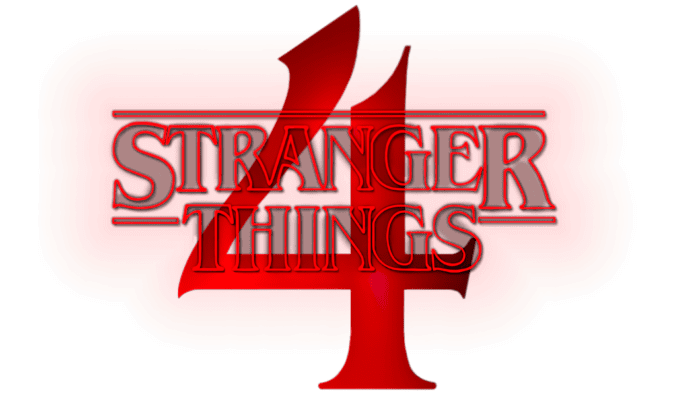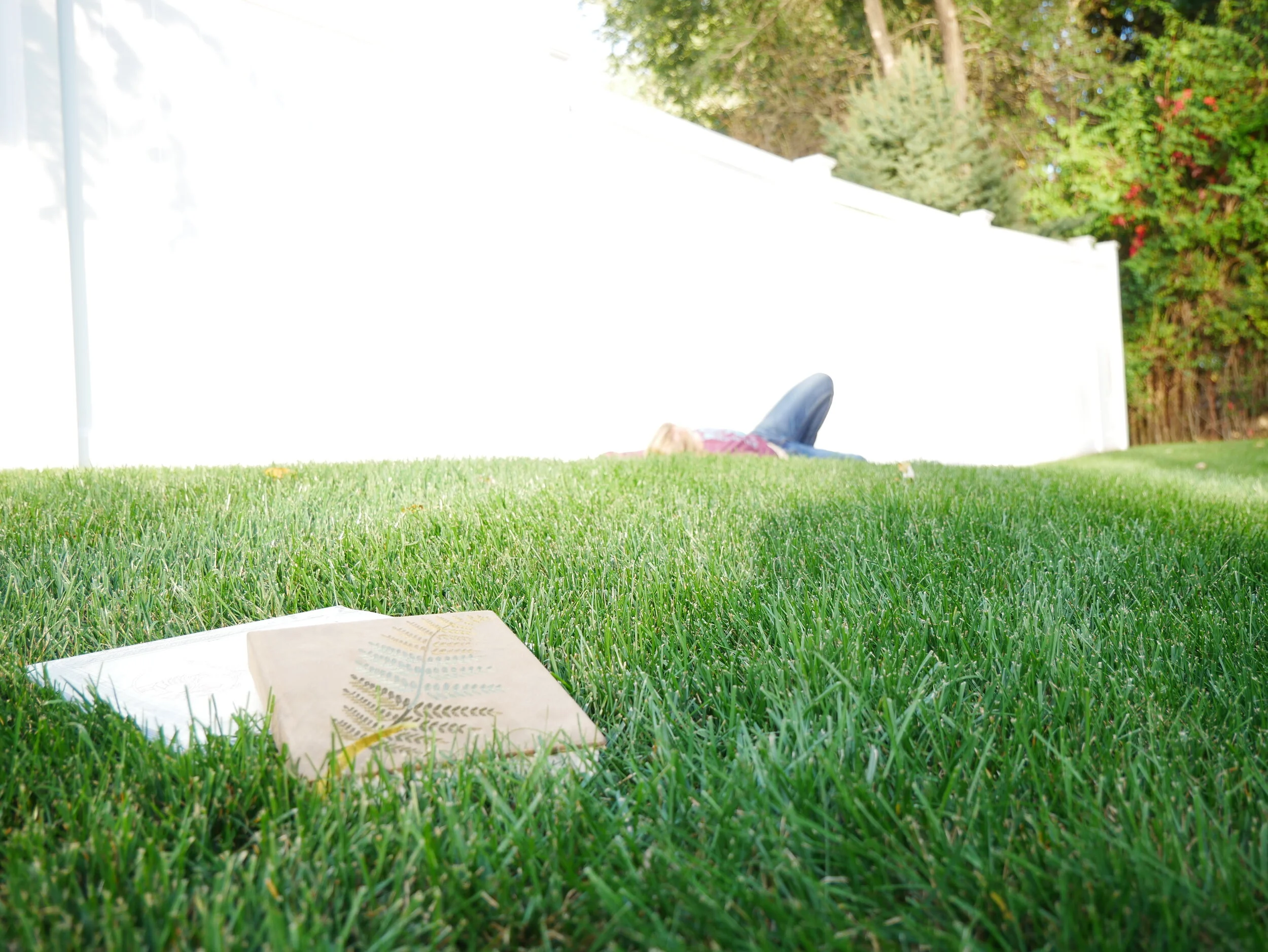The Love I Would Have Missed If I Had Ended My Life
/Mark Luethi Photography
Out of the recent ten years I have spent one year following my dream, over nine with the love of my life, and four in an incredible home we built together. I still expect that this means I will eventually forget what suicidal ideation is, but that just isn’t the case.
With medication to guide me and a therapist I see regularly, I thought that anything pertaining to such darkness would be a thing of the past. And honestly, it largely is. But once in a while, the monster rears its head. It sneaks into the corner of my mind. The space where it’s dark, where there are cobwebs and old boxes that I don’t dare look into anymore. In that corner is where the monster plants its decrepit body and starts digging. It will unearth whatever it is that is relevant to my current life’s roadblocks and start throwing them around until there is so much chaos back in my mind that I cannot help but think about a permanent solution, feeling like death is the only way to be relieved from the torture.
To counter this, I have decided to take note of the biggest events in my life I would have missed had I given into this beast when it took total control first in 2014, and then again in 2017.
My magical engagement and wedding
Back early in 2014, my then boyfriend picked me off the bathroom floor in our apartment one evening. I was quite the sight, mascara streaking, hair everywhere, blubbering. He was scared. I was scared. I scared myself because I wanted to die but called myself too much of a coward to go through with it (there is nothing cowardly about pushing past your thoughts to survive).
I mumbled something to the effect of: “I don’t know why you are dealing with me.” As he carried me to the bed he responded, “I always thought you would make a great mother, but not if you are like this.” It was hurtful but sobered me right up. While wiping away snot I asked, “you would marry me?” The realization was the first time I thought of marriage having a place in my future. I just assumed people like me didn’t deserve that kind of joy.
“Of course, but, not this person. This isn’t you.”
I’m not going to say those words cured me or even inspired me, because that would be stupid. But they gave me a purpose and they hit the soul of what I actually was running from. In my flashbacks, in my night terrors, I always woke up after a relative or someone close to me told me they hated me. Well, here I had the opportunity to be loved and I was letting depression take that away from me. That could not keep happening.
I promised myself two things at this point: I would get better, and I would find a way to give back the love that I had been offered to those who felt alone due to their past pain or mental illness.
I started paying better attention to my therapist. I didn’t argue with my psychiatrist when he prescribed medication. I took a three-week leave from work. By the end, with three-to-four therapy sessions a week and without skipping medication, I started to feel better.
In September 2015, he proposed:
Mark Luethi Photography
If this looks magical, it’s because it was. He got the idea from my favorite movie and made me feel like a princess. My worries melted away for a day and there was not a moment’s hesitation before I said, “Yes.”
About 11 months later, we both said: “I do.” In that time, I was so happy I went off medication, thinking if there was a cure, this would be it. Marriage means happily ever after, right? I am cured! How even…
Permitting Myself To Create
Severe depression isn’t like chicken pox — you can get it more than once. And I did. The second time, in 2017, proved to be just as bad, if not worse. I recognized when I started spiraling again but I was stubborn, I refused to go get help, insisting that I could just push through it.
I decided all I truly needed to feel less empty was to “shake things up.” I left secure job I enjoyed in favor of a startup. Six months into that decision, the long hours and lack of structure common in newer companies took their toll on me. I knew others did such jobs all the time, which just compounded my frustrations with myself. By the time I was ready to care for myself, however, the company explained that it could not accommodate my request to take time off once a week to see a doctor. I told myself things like “I am not a quitter,” and “I don’t really need to see a doctor,” to force myself past it all. I went back to my therapist a few times for the rare weekend appointment she had, but I wasn’t honest. I wanted to be strong, which meant going to therapy and venting out my anger without working on anything.
This anger fostered a realization. I imagined that there were other people out there who felt trapped inside of their minds, in jobs that did not permit the flexibility needed to maintain good mental health. I started writing about my experience as a way to cope, partly due to being lucky and finding a fantastic editor, and partly because I was tired of telling myself I didn’t deserve to do things I knew would help me feel better.
Finally, one evening a word came to me, a pseudonym: Mxiety (Marie/Anxiety). With this I had the cover I needed to publicly confront the emotional strain I felt trying to maintain my identity past my mental illness. I realized that I was ready to talk about what was going on inside, to fight the internal and external dialogue telling me I had to keep it all hidden.
Around this time, I also suffered a debilitating panic attack at work. A full crying breakdown, in front of my colleagues and bosses. It was agreed that it would be best if I took time off my job. Indefinitely.
I decided that moment was my “now-or-never”. Either I accepted defeat from my mental illness or I finally gave back, as I promised myself I would. With newly available time, I created my website and set up conversations via live stream to help others in real time. The resulting show, writing, and activism facilitated a community and fulfilling connections in ways I didn’t know I needed. There is now a small network of people who support each other via live chat and offline that I brought together. My goal was to put information out there to fill the gap I found when I needed help: reliable, researched discussions on mental illness. The achievement became so much bigger than the goal.
There’s been so much progress made. I am writing here, giving myself credit for both those things. That used to be near impossible. My now husband supports me just as he did before, but I am in a better place to support him too. The floodgates are open and now there is no pushing back my creative aspirations. All of this is not enough to remove scary thoughts completely, but it’s enough to feel empowered to hold them back.
I dedicate this final paragraph to that ugly creature which remains in my head. You may darken my achievements with your presence, but you are never winning. There is too much unknown in my future to give into your ideas. I am sure there are worse things ahead because I have seen them before. But I am equally sure that the good things can outshine those awful things. If you’re going to keep rummaging, I have to keep fighting. I wish I could get rid of you once and for all, but as long as you are here to stay, to keep me down, I resolve to keep you down.
Thank you for reading. If enjoyed this story, please clap and follow to let me know I am doing something right. Your support means the world to me.
